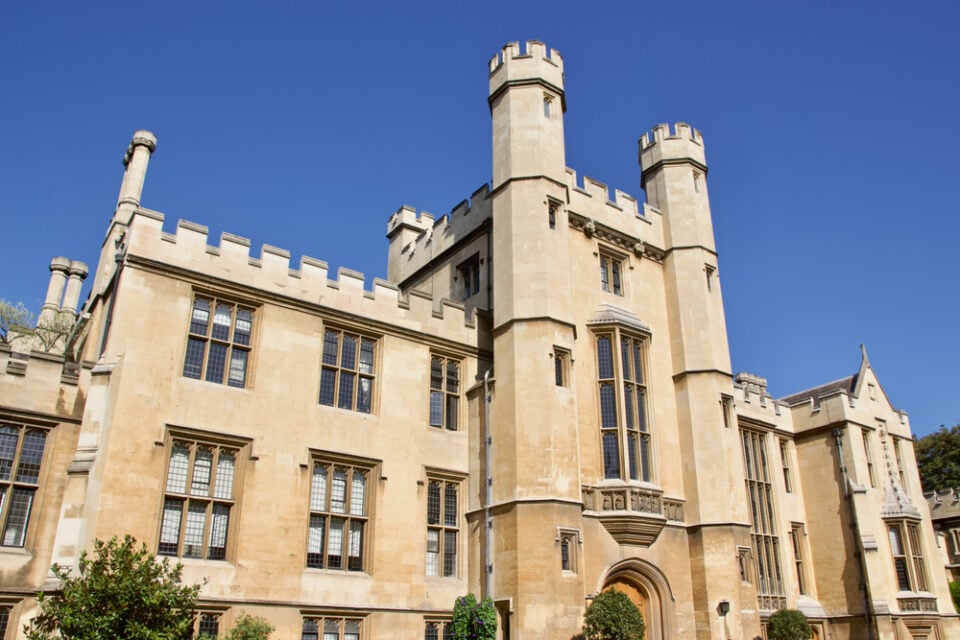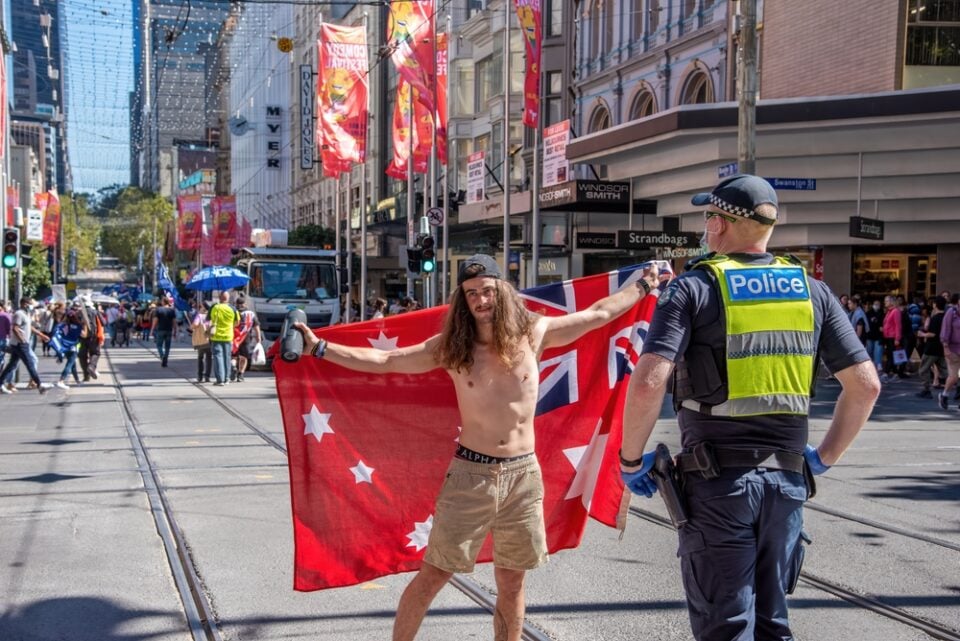By Steven Ogden
First Donald Trump, and now Vladmir Putin, what’s next?
Clearly, we live in the age of the strongman. Of course, not all men exhibit this militant masculinity. In fact, there are many masculinities, which are shaped by culture and context. Nonetheless, the problem with strongman-politics is that it is inherently violent.
The plight of the Ukraine is testimony to the very real dangers of strongman-politics. So, let’s keep Ukraine in our prayers. Let’s also pray for the ordinary people of Russia.
But who is this strongman?
The strongman finds it hard to consider alternative perspectives. For example, this is apparent on issues around climate change. That is, the strongman knows better than climate scientists (and retired fire commissioners).
The strong man’s hubris, which is a mix of charm and conceit, means he is the exclusive guardian of truth. He knows the facts. Everything else is fake news, and only he can tell the difference. This constitutes the engine, which drives him forward.
Ironically, the strongman construes opposition to his views as confirmation of the rightness of his cause, which reinforces his sense of moral pre-eminence. Subsequently, the refrain “someone has to make the hard call” weaves its way through his combative rhetoric. But it comes at our expense.
So, the strongman is the exception. He sees himself as the exception. And he is hard to remove.
Crucially, strongman masculinity influences other men adversely, disposing them toward violence. Strongman masculinity galvanises them, as it prompts, permits, and exonerates violence.
The relationship between violence and masculinity is complex.
As sociologist Raewynn Connell claims, “Most violence is not a matter of individual pathology”. There are structural connections and institutional layers. However, the widespread vilification, imprisonment, disappearance of journalists in Russia, and elsewhere, demonstrates the extent to which the strongman will go.
The Church is not immune to strongman politics. Indeed, we had to learn the hard way from our abuses of power.
Initially, we struggled to see the problems, partly because we venerated our strongmen. After all, how could we challenge the princes of the church, as they have been called by God? Inadvertently, then, the Church fostered a culture of deference, where obedience was rewarded at the expense of others (e.g., children, women, LGBTIQ people).
In the name of Jesus, and his friends from Galilee, it is imperative for the Church to enter the public square, with others as equals, to critique and denounce the hubris and violence of strongman politics. After all, our planet depends on it.
Dr Steven Ogden is locum priest at St Mary Magdalene’s. He has explored these issues at length in his book Violence, Entitlement, and Politics (Routledge, 2021).






